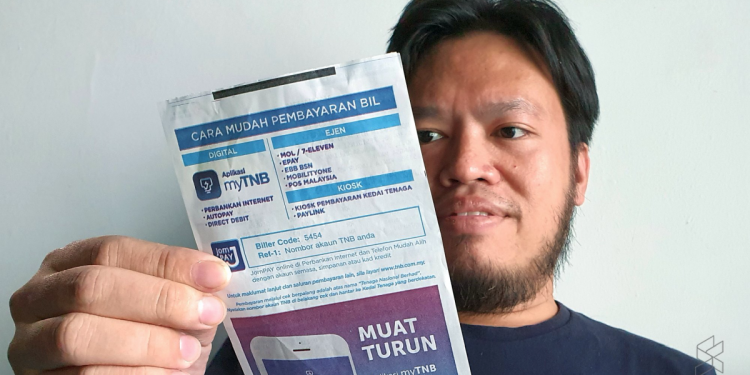Mining cryptocurrency is infamously energy intensive, and a proposal by Tenaga Nasional Berhad (TNB) to offer a special electricity tariff for this purpose would’ve probably made things worse. Thankfully, the Energy Commission has stepped in, saying it will not consider the plan.
“The Energy and Natural Resources Ministry and TNB have been informed about the decision, with several justifications,” the commission said, adding that it wanted to ensure electricity supply costs would not be affected by any scheme being introduced.
“Any proposal involving special tariffs or reduction of electricity tariffs will lead to increased electricity supply costs,” it continued. “All electricity consumers will then bear these increased costs. As the regulatory body for electrical energy, we want to avoid showing signs of bias or discrimination towards consumers in the same category.”
The agency also said it wanted to avoid setting a precedent for other sectors to apply for special tariffs or rate reductions. “Until today, the Energy Commission has received a number of applications from different sectors, such as agriculture and transportation, to reduce electrical tariffs. Even these requests cannot be considered for now.”

Electricity theft is another phenomenon associated with cryptomining, and the commission has conducted around 8,000 enforcement operations since 2018 to stamp it out. “The Energy Commission will continue to beef up enforcements from time to time to eradicate electricity theft involving cryptocurrency miners,” it said.
The news follows TNB chairman and chief executive officer Datuk Baharin Din saying in March that a proposal had been drawn up with special tariff rates for Bitcoin mining, which had been submitted to the Energy Commission for approval. His reasoning was that the company wanted to curb illegal mining and was losing money from illegal electricity tapping nationwide.
Baharin added that TNB first realised there was electricity tapping for Bitcoin mining in 2018, during which there were 610 cases. “But last year, 3,090 premises were used for electricity tapping for Bitcoin mining. The illegal operations pose a risk to the premises as well as others in the vicinity, through electricity sharing,” he said.
Illegal cryptomining reached record highs in Malaysia last year, with the police arresting 528 people and seizing RM54 million worth of equipment – the latter represented a whopping 4,200% increase over 2020. Plenty of countries have either banned or restricted mining or are proposing regulations on the practice, including China and the European Union.
[SOURCE]








